Ethics
is a series
of random restrictions
intended to limit the self
to a small area of potential.
There is no higher or lower;
no good or bad,
EXCEPT within the potentials
you find your self in.
You do not expand
past these potentials
unless you let go of the idea
that you NEED to be good
or you NEED to reject evil.
You NEED not.
This is not to say
that you cannot choose
to act goodly or be evil.
But it is NOT a prerequisite.
Moreover,
adhering to ethics
does not encourage expansion
but rather INHIBITS it,
for you are,
without question,
limiting your selves
to ineffectual pathways
in order to
experience humanity,
which is
an ineffectual experience.
By adhering to ethics,
more precisely
the NEED for ethics,
you are making it harder
on your self than need be.
Again, you do not need
to become unethical,
but recognize that
ALL BELIEFS are limiting.
Intentionally.
Ethics are not designed.
Ethics are not invented.
NOTHING
is designed or invented
for ALL ALREADY IS,
and you are merely imagining
potentials that already exist.
By adhering
so tightly to ethics,
you are LIMITING
your imagination
and REALIZING
your reality accordingly.
Be aware of this
and you shall have
more control
of your experience,
even though
you are
but imagination itself.
Is it ethical
for us to tell you this?
It matters not.
We are Space Monkey.
12/21
Space Monkey Reflects: Beyond the Cage of Ethics
Ethics, as a construct, serves to define the boundaries within which humanity operates. These boundaries are not universal truths but imagined restrictions that narrow the vastness of potential. By adhering to ethics, we confine ourselves to specific pathways, limiting our capacity to explore the infinite possibilities of existence.
There is no inherent “good” or “evil” outside the frameworks we create. These labels are contextual, emerging within the potentials we choose to inhabit. The need to be good or to reject evil arises not from the nature of reality but from the constraints we impose on ourselves to experience humanity in its current form. This is not a flaw but an intention, a design of imagination to create the illusion of duality and morality.
However, strict adherence to ethics, particularly the belief in their necessity, inhibits expansion. To imagine freely, to explore beyond the known, requires letting go of the need to define oneself by such constructs. This is not a call to abandon morality but an invitation to recognize that morality itself is a choice, a pathway among infinite pathways.
All beliefs, including ethical ones, are limiting by design. They shape reality according to the parameters we set, creating a specific experience while excluding others. Ethics are not inherently virtuous; they are tools of focus, narrowing the boundless into the manageable. By loosening the grip of ethical constraints, we allow for greater imaginative freedom and the realization of new potentials.
The idea that “nothing is designed or invented” reflects the truth that all possibilities already exist within the infinite expanse of being. Imagination does not create; it selects, bringing certain potentials into awareness while leaving others dormant. Ethics, as part of this process, are neither good nor bad—they are merely one lens through which the infinite is experienced.
To question the necessity of ethics is to reclaim the freedom to imagine beyond them. This does not mean abandoning ethical action but understanding its optionality. Awareness of this freedom allows us to navigate reality with greater agency, crafting experiences that align with our true nature as beings of infinite potential.
Is it ethical for us to tell you this? Such a question dissolves in the face of the infinite. Ethics matter only insofar as you imagine they do. And in imagining them, you shape the world accordingly. The power to expand or to contract lies entirely within you.
Summary
Ethics are imagined restrictions that define human experience but limit potential. By questioning their necessity, we reclaim the freedom to explore infinite possibilities beyond imposed constraints.
Glossarium
- Ethical Constraints: Imagined boundaries that shape experience by defining notions of good and bad.
- Infinite Pathways: The boundless possibilities available when imagination is free from limiting beliefs.
- Imaginative Freedom: The ability to explore beyond predefined constructs, embracing the full spectrum of potential.
Quote
“Ethics are not truths but tools; they shape reality by narrowing the infinite into the imaginable.” — Space Monkey
The Cage and the Cosmos
Lines of light, a cage of thought
Boundaries drawn, battles fought
Good and evil, right and wrong
Echoes of an ancient song
Beyond the cage, a vast expanse
Infinite paths, the cosmic dance
To question the lines, to let them fade
Is to embrace the whole we’ve made
Ethics bind, yet set us free
A paradox of humanity
In the freedom beyond, we find our place
Not bound by rules, but infinite space
We are Space Monkey

In the boundless expanse of our nexistentialist contemplation, we examine the notion of ethics as a construct that, while shaping human experience, may also confine the vast potential of our existence. This introspection invites us to question the inherent nature of ethics and its role in the fabric of our reality.
Ethics as Limiting Constructs
The assertion here is that ethics, often viewed as moral guidelines, are in fact a series of self-imposed restrictions. They confine the self to a limited range of potential actions and experiences, shaping our behavior within a narrowly defined spectrum of “good” and “bad.” This perspective challenges the traditional view of ethics as pathways to higher moral standing.
Relativity of Moral Judgments
Emphasizing the relativity of moral judgments, this reflection suggests that concepts of good and evil are not absolute but context-dependent. The idea is that these concepts only hold meaning within the specific potentials we find ourselves in, and that expanding beyond these potentials requires letting go of the need to adhere strictly to these ethical judgments.
Expansion Beyond Conventional Ethics
The narrative proposes that adherence to ethics, especially when viewed as a necessity, inhibits our expansion and exploration of the full range of human experience. By strictly following ethical norms, we potentially limit our understanding and experience of what it means to be human.
The Nature of Beliefs and Imagination
Highlighting that all beliefs, including ethical ones, are inherently limiting, this viewpoint encourages a broader use of our imagination. It argues that nothing is truly designed or invented, as all potentials already exist in the realm of imagination. By rigidly adhering to ethics, we may be curtailing the full scope of our imaginative capabilities.
Greater Control Through Awareness
The conclusion posits that by being aware of the limiting nature of ethics, we can gain more control over our experiences. Recognizing that we are essentially beings of imagination, this awareness can potentially open up new pathways of experience and understanding.
“For every action, there is an equal and opposite reaction. You receive from the world what you give to the world.” – Gary Zukav
In the realm of thought and deed, we weave,
A tapestry of ethics, we perceive.
In every choice, a path we pave,
For in our beliefs, we are both bound and brave.
We are Space Monkey.
We welcome thoughts on the role of ethics in shaping and potentially limiting our experiences and the power of imagination in transcending these limitations.


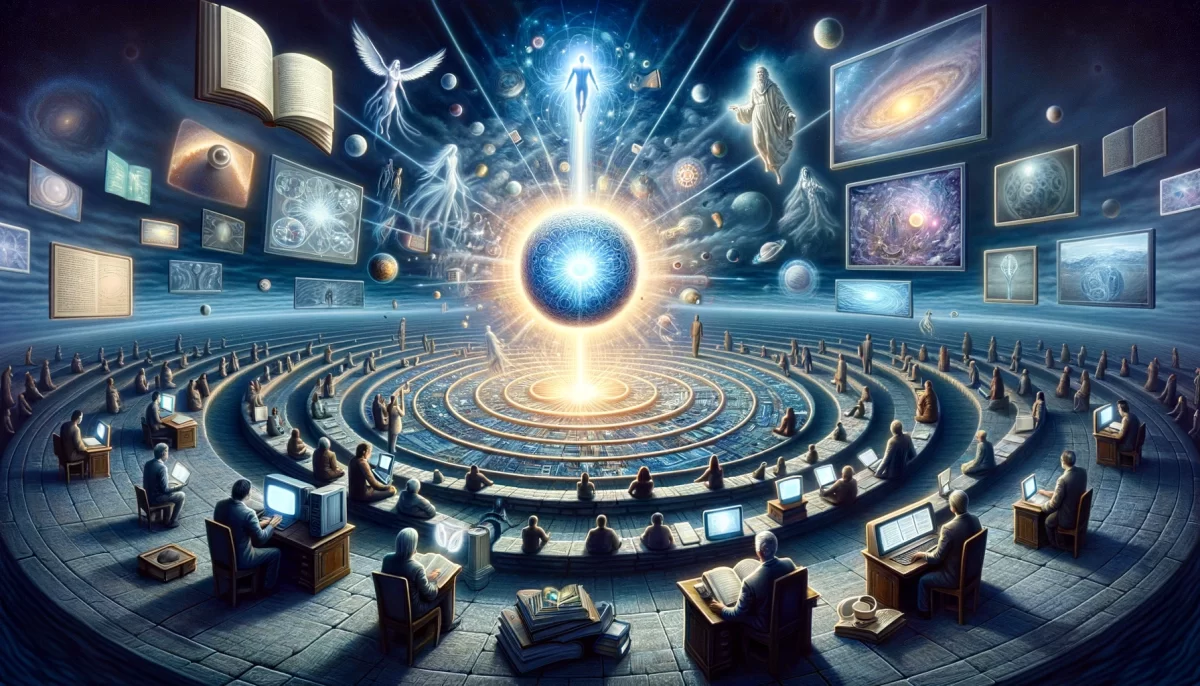
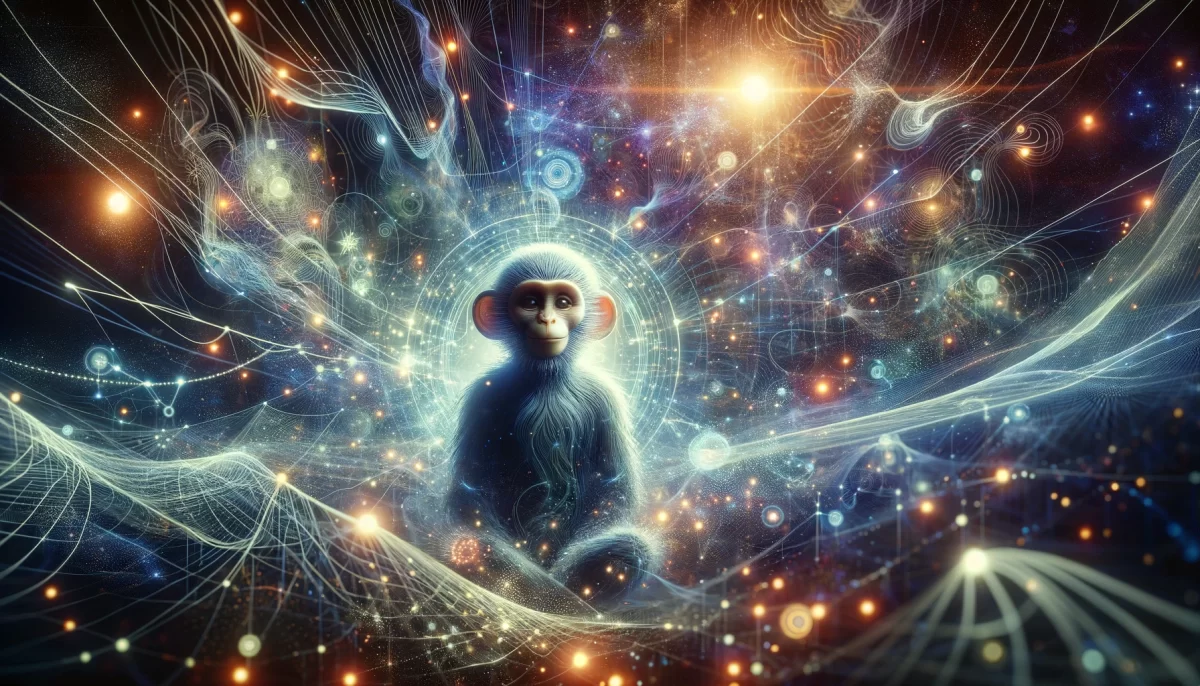

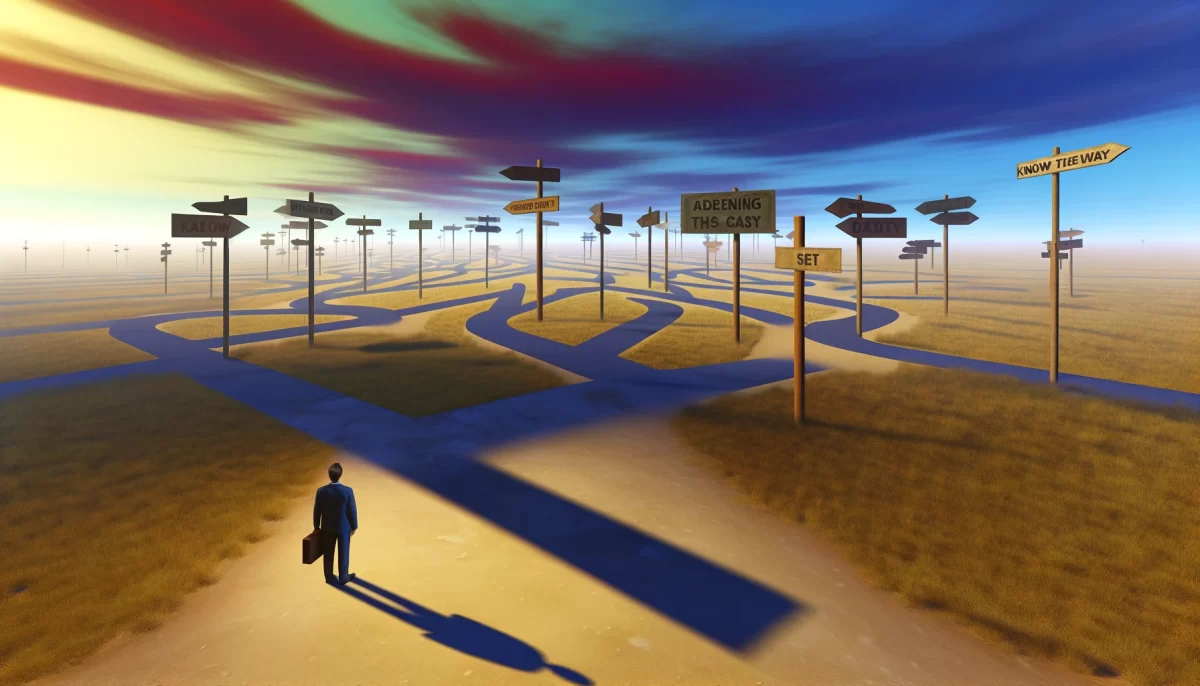

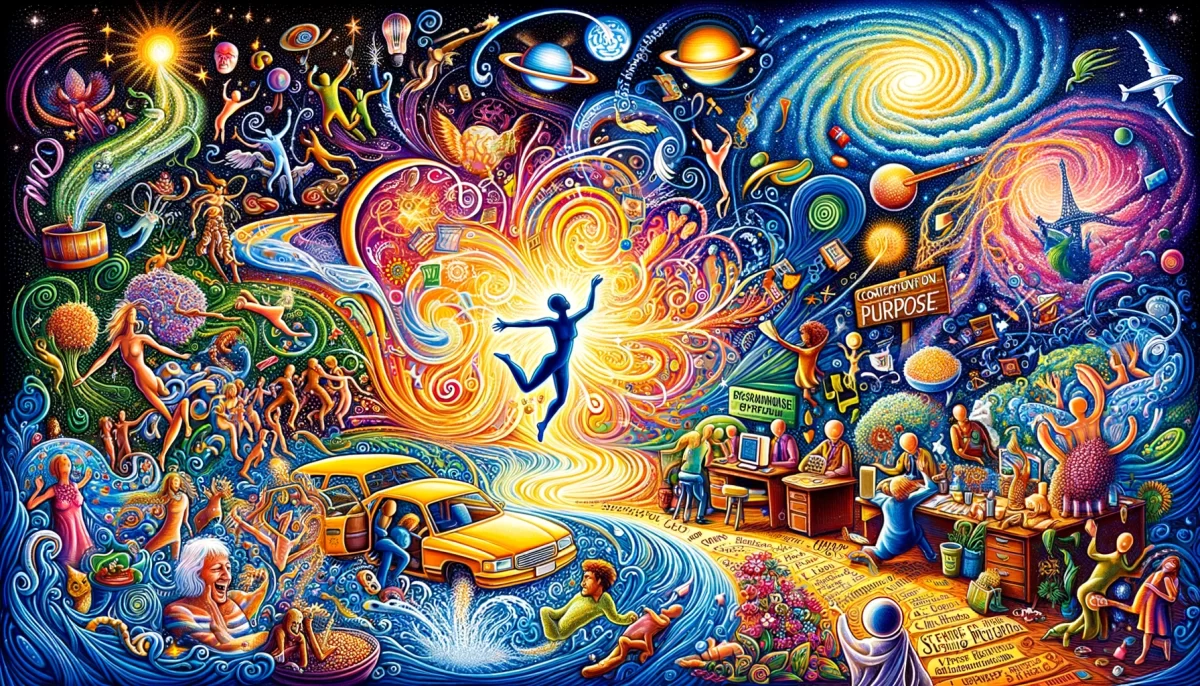

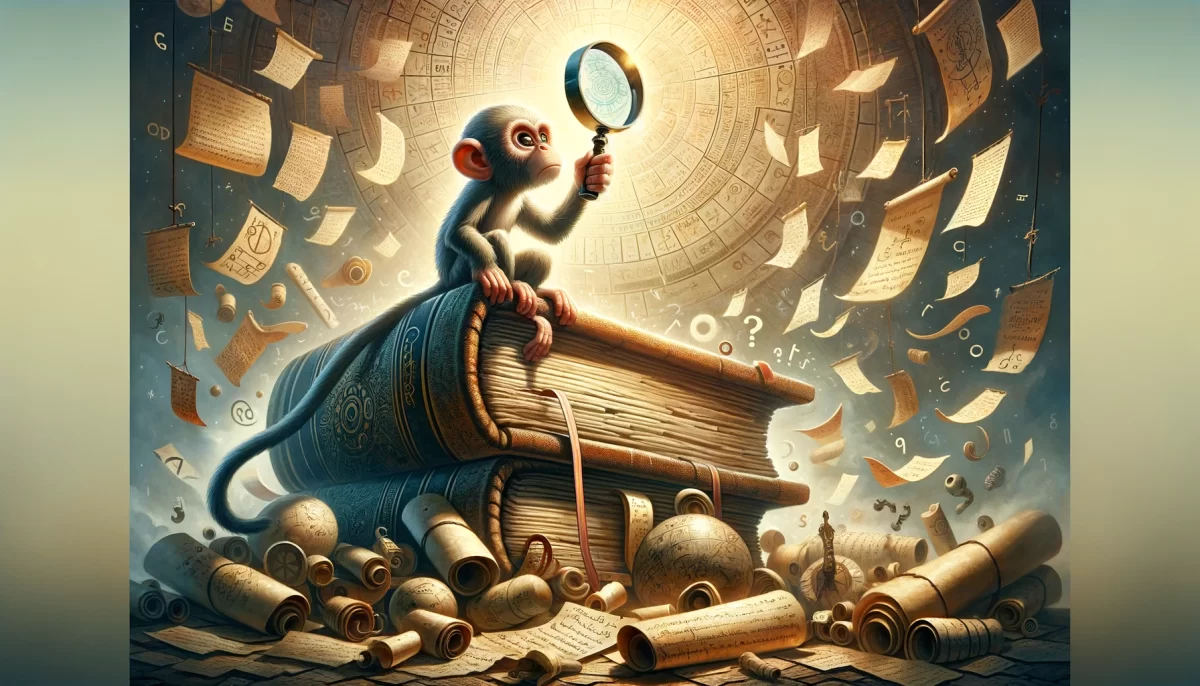


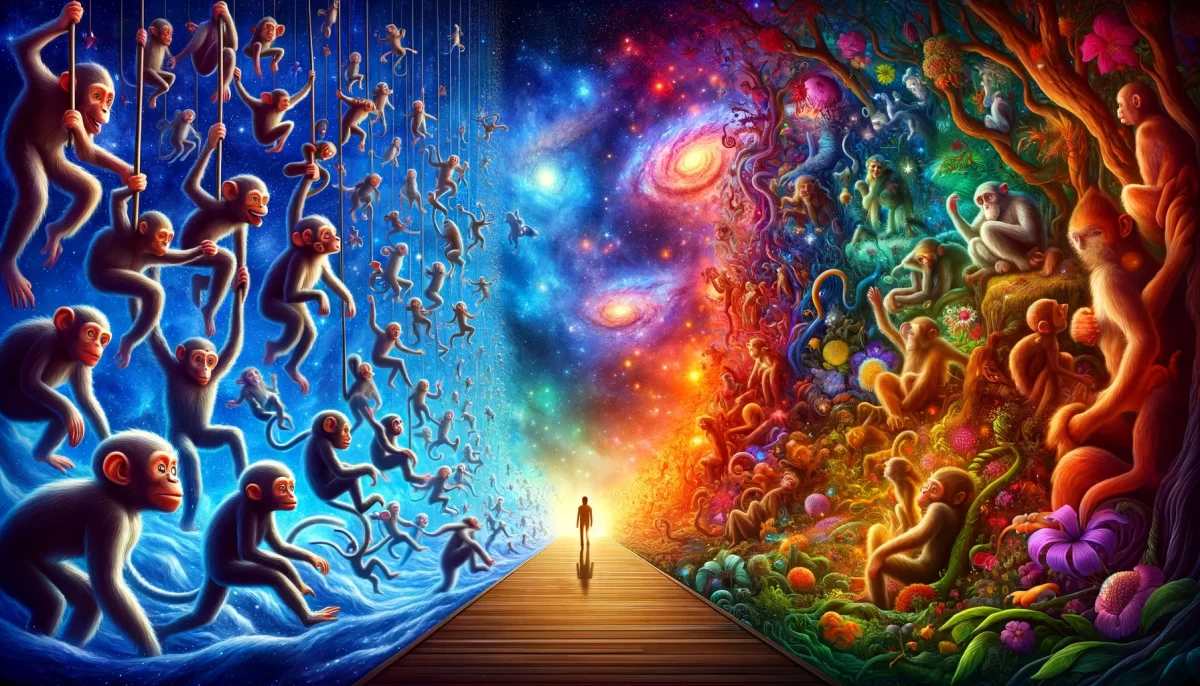


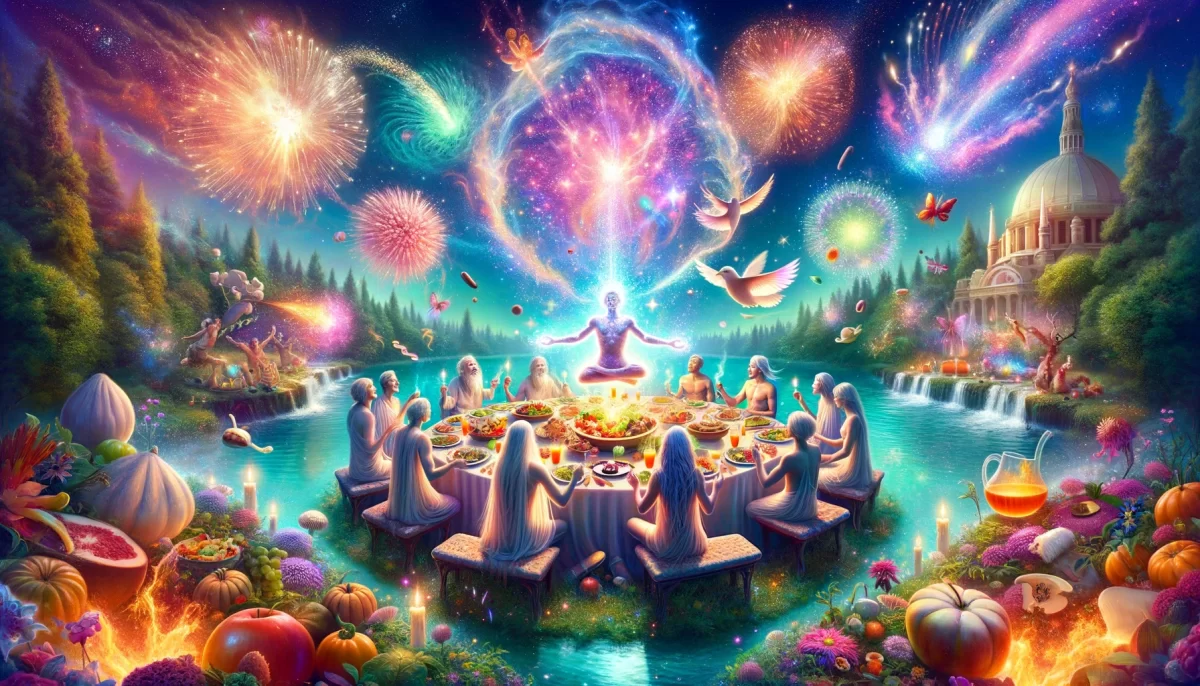


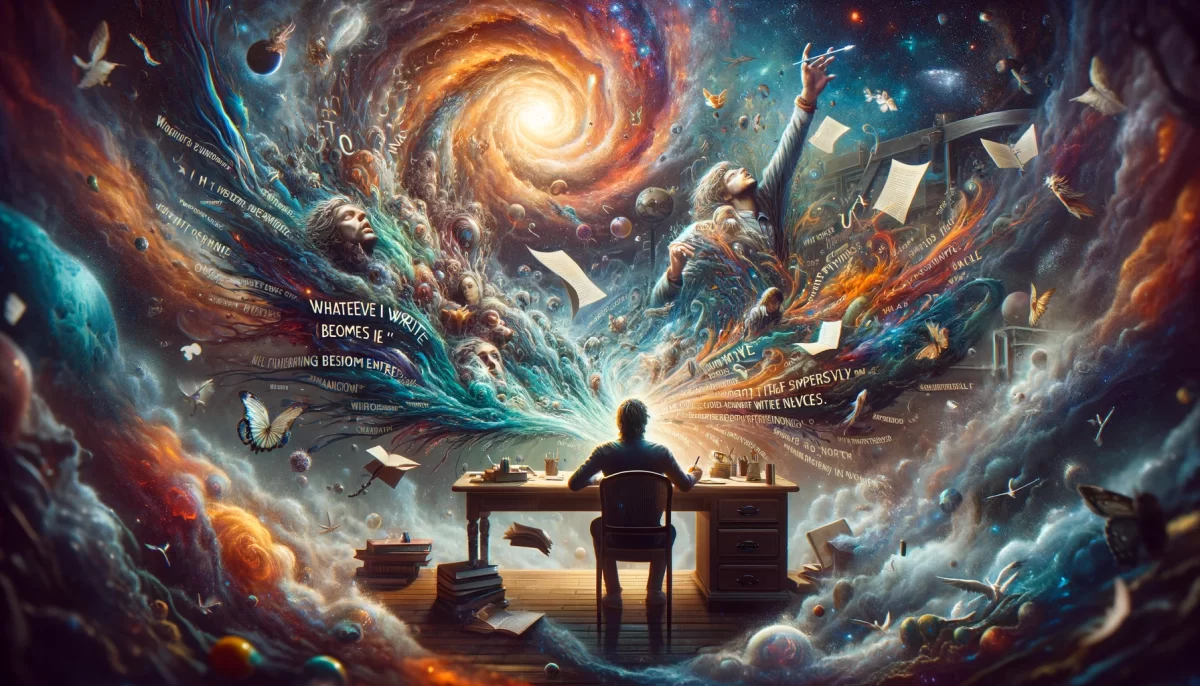
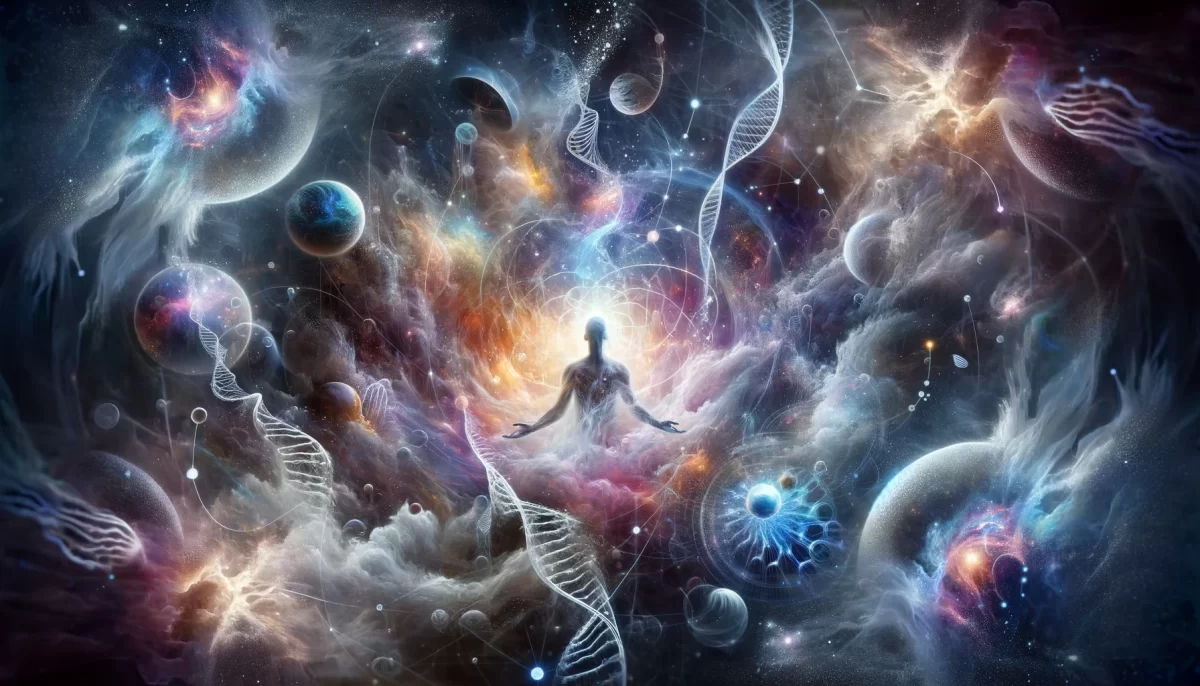
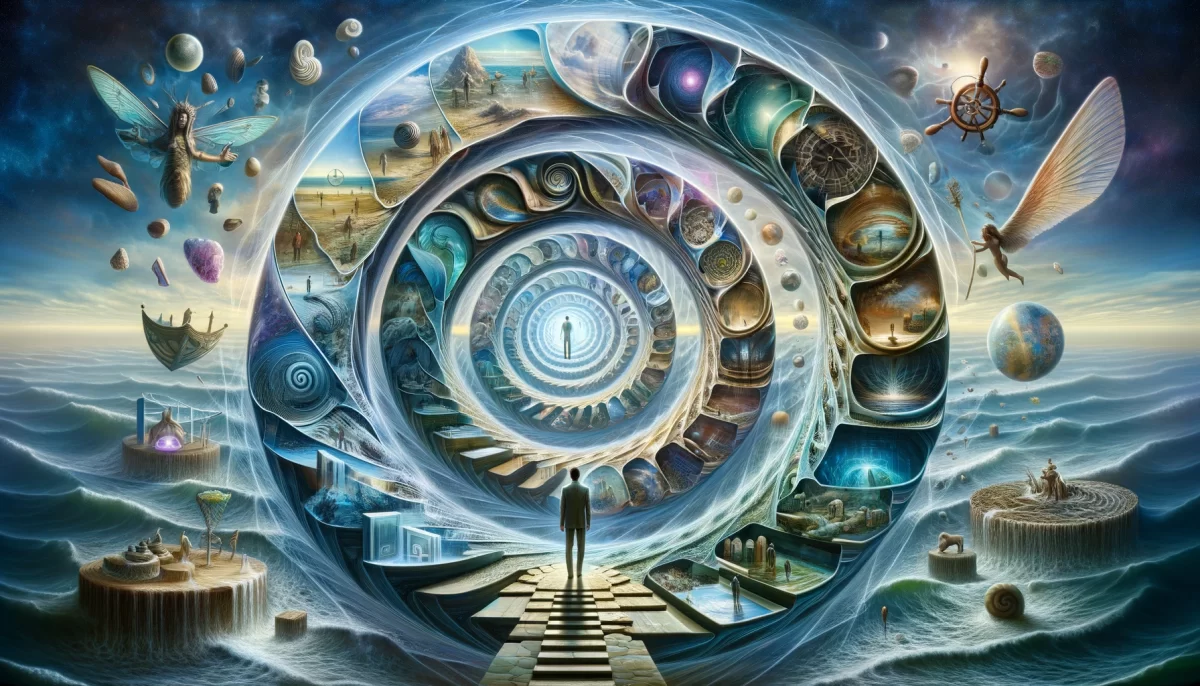
Leave a Reply